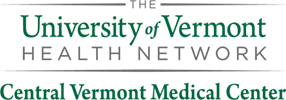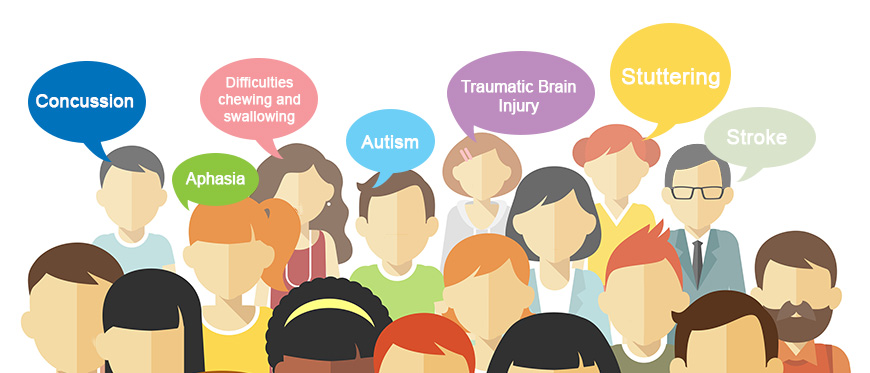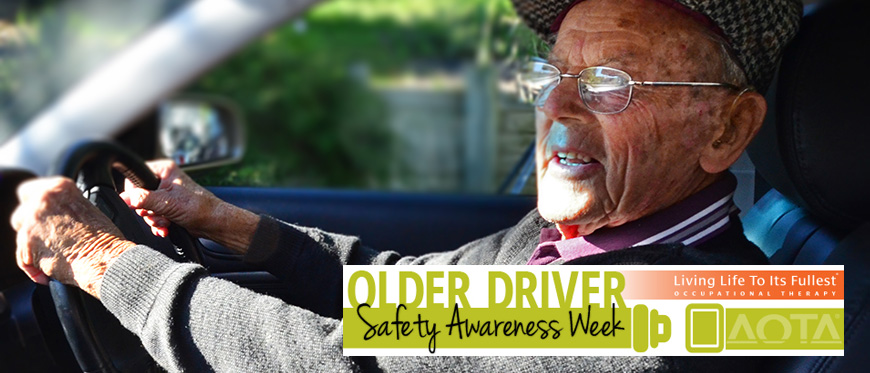“Well, I don’t think I need speech!”
I have started keeping a mental tally mark (check, check, check), as well as accruing some witty responses under my belt in response to this all-too-common phrase that patients say when I walk into a room and introduce myself as “Danielle from Speech Pathology/Therapy.”
Over the past 25 years, let alone the past 5 to 10 years, speech language pathologists (SLPs) are now working on more areas than ever and our field keeps growing and expanding. Our national organization ASHA (American Speech Language Hearing Association) continues to refine and expand on our roles and responsibilities and there has never been a more exciting time to be an SLP.
Perhaps your image of a speech therapist is the individual with thick glasses working with young children who can’t quite say their sounds right. Maybe you are advanced and know that SLPs work with individuals who have dysfluencies (commonly known as stuttering). Or, maybe you know speech therapy as the person working with adults in a hospital who have had a stroke and have aphasia. (More on aphasia can be found on our lead speech therapist’s Nancy Mahoney, MS, CCC-SLP blog post here: http://www.cvmc.org/blog/rehabilitation-therapy/june-national-aphasia-awareness-month).
This is all true but really only scratches the surface of the types of disorders we can treat:
- Did you know that we also work with young children with autism and other social-emotional disorders who struggle with engaging in joint attention (triadic sharing of experiences) and sharing of affection and communication with others?
- What about voice disorders—those who frequently lose their voice, have consistent/persistent hoarseness/vocal fatigue or those who struggle with loudness?
- What about post-concussive/traumatic brain injury students and adults who are dealing with cognitive-communication deficits after their brain injury?
- Or, how about individuals who are having difficulty chewing and swallowing their food and are experiencing weight loss or chronic pneumonias due to aspiration?
- Then, there’s working with verbal apraxia—developmental or acquired. This is when the motor speech patterns are interrupted and the signal between the brain and the oral musculature has been intercepted and so an individual is unable to say what they want to say (which is different from aphasia, which is listed above).
I think if I had my druthers, I would rename our profession as cognitive-communication-speech-language-swallowing-patholigst/therapist. That might be too long, so maybe communication-swallowing pathologist/therapist?
Long story short: humor me a little. If an SLP walks into your room and introduces themselves, or you are referred to an SLP for outpatient services, remember that they might not be there to work on your speech.
Click here for more information on SLP services at UVM Health Network - CVMC.





